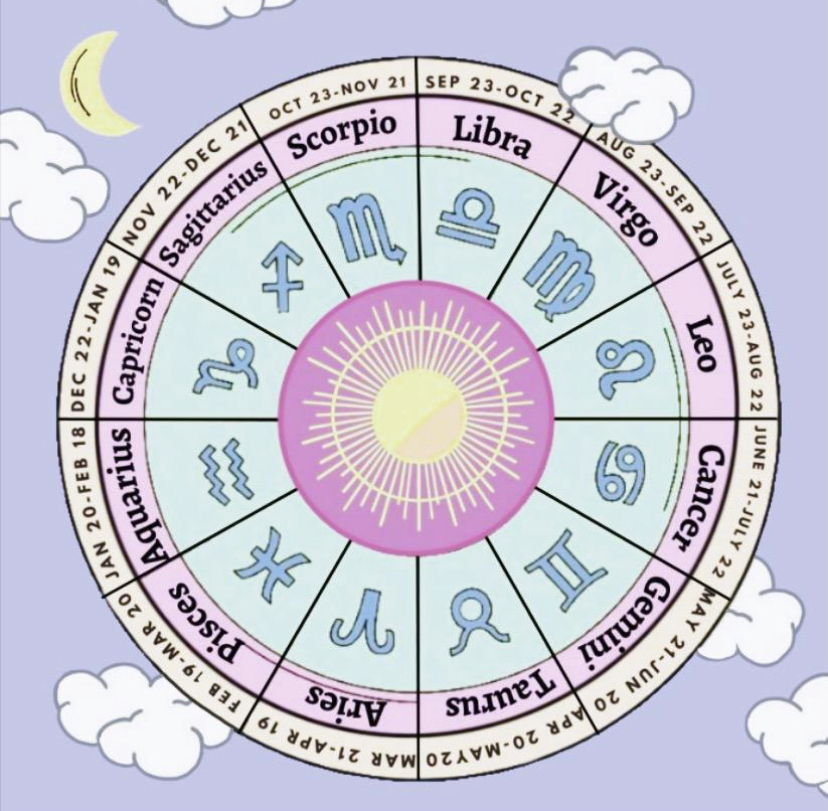Sophomore Iris Cho remembers the day her dad told her that her family would be moving, remembers the day she left South Korea, remembers the day she arrived in America.
But most of all, she remembers the taunts that she experienced at a young age. Questions and statements like ‘go back to [your] own country,’ ‘go back to Tokyo’ and ‘do you eat dogs or cats’ cut her and her family to the quick as they strove to make a home in a new country. But her family never expected to be victims of a hate crime.
As Cho sat at her computer around midnight on Sunday, Dec. 23, she heard a thud against the side of her house, but she thought nothing of it. In the morning they found burnt toilet paper strewn across the yard, spray cement thrown carelessly into the grass and dog feces in the window.
“I just thought people were throwing a party the night before. We decided that it must have been a hate crime,” Cho said. “When the policeman came, he didn’t really help us much. He couldn’t investigate because there wasn’t enough evidence and that it could have been my friends. My friends wouldn’t do that to me.”
This is not the first time that Cho had her house vandalized. When she was young a window screen was broken and her mother’s garden was ruined. Her family is not the only one either.
“My brother’s friend who lives down the street. His house was teepeed, and they caught who did it.” Cho said.
In 2011, there were 6,216 biased incidents and 46.9 percent were motivated by racism. Of the 5,731 offenders, 59 percent were white, and most of the incidents occurred near homes.
“My family hasn’t done anything that would cause this trouble. We just try to live normally, like really quiet, not causing any trouble,” Cho said. “People should be more open. Racism, we experience it everyday. We can try to reduce it but people don’t really change.”
Cho is an artist and to her letting out her frustrations becomes easier when she can work on a new piece or just scribble. Cho also has her friends to support her, who know what experiencing racism while growing up is like.
“Sometimes you’d be walking around doing your thing and you get this feeling that people are eyeing you as if you are a specimen,” Cho’s friend, junior Lillie Tran, said. “It cuts real deep to be honest. As I got older, I’ve noticed that subtle racism is more common and hurts differently than blatant racism. At least when it’s obvious, I can call them out on it. I can’t call someone out for whispering or staring.”
But even though Cho has gone through hard times like this before, she knows how to get through it.
“Holding a grudge wouldn’t do anything about it, and it would just change our perspective of them to be negative when it is better to be positive,” Cho said.



